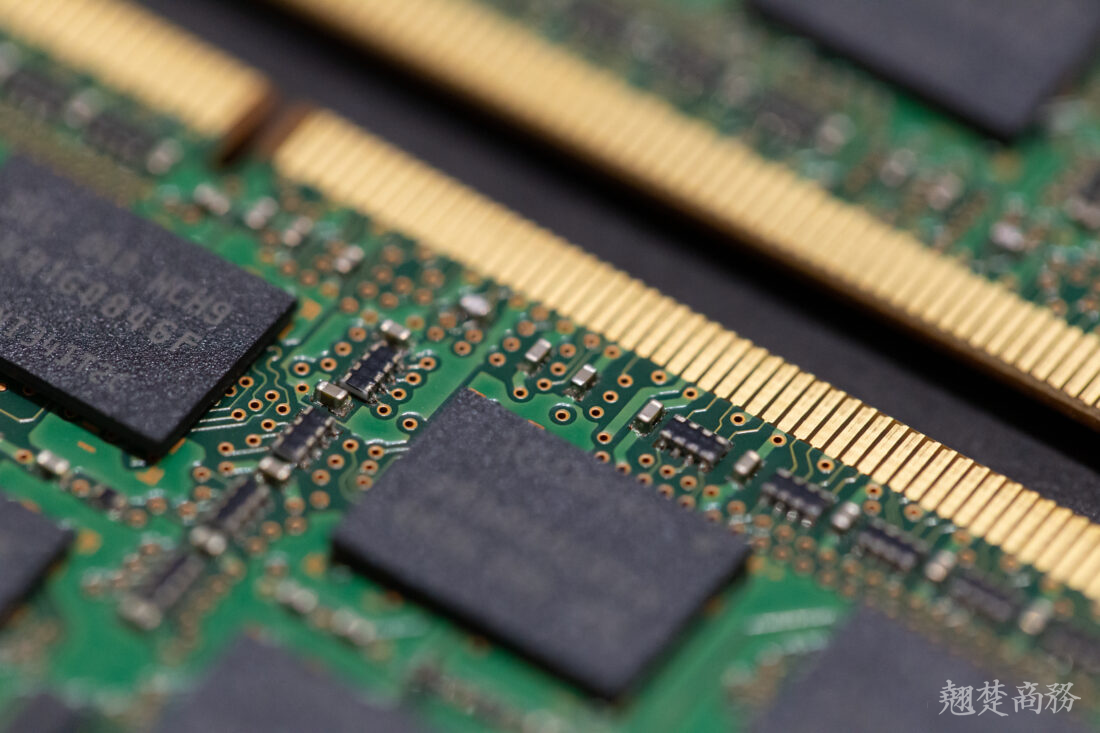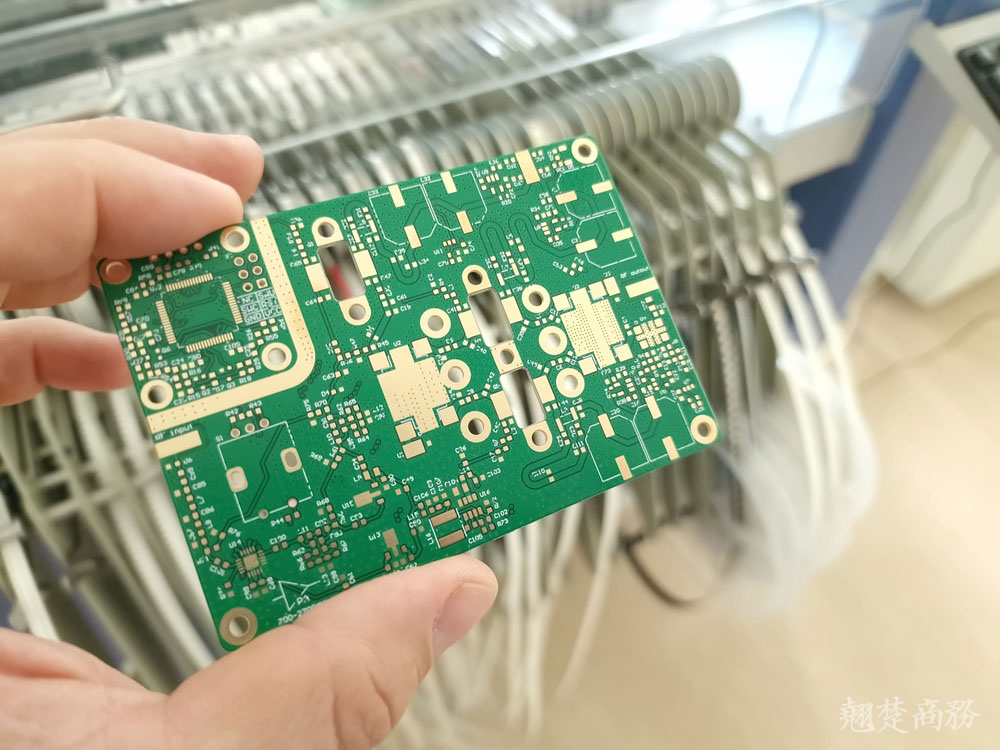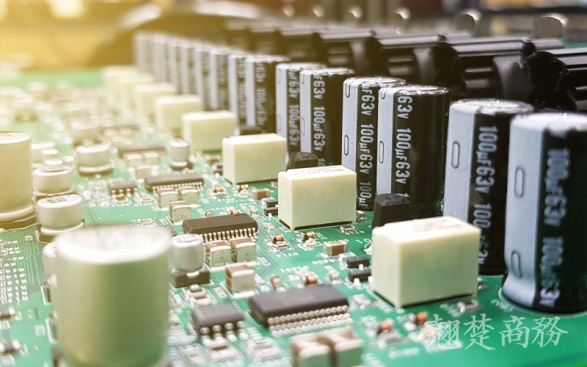
New-age technologies have been making their presence felt in the electronics manufacturing industry for quite some time now. They help boost innovation, improve quality, reduce waste, and get to market faster. PCB assembly is a critical component of the electronics manufacturing process, and that's why the leading industry players are investing heavily in technologies that optimize PCB fabrication.
AI Is Transforming The Electronic Manufacturing Sector
Two technologies that are becoming the mainstay of the electronic design and manufacturing domain are the industrial Internet of Things (IIoT) and Artificial Intelligence (AI).
AI, in particular, is transforming how the electronic manufacturing service industry works. It helps gather and integrate data to allow the computer system to think and resolve issues. AI helps electronic product manufacturers improve the fabrication, assembly, and testing processes and deliver better quality products more efficiently.
How AI Can Help Eliminate Bottlenecks In PCB Assembly
Generally, the printed circuit board assembly and testing process is tedious and time intensive. For products that incorporate advanced technology, there are multiple stages involved. Every section may have over 50 steps that take a couple of hours to complete. If a test fails, the product is sent back for debugging, and the entire testing process has to be started again, resulting in a loss of time, effort, and resources. If the test failure shows up later in the process, it may add significant manufacturing time and create bottlenecks in throughput.
Deploying AI in the electronics manufacturing industry can help categorize and eject flawed parts at an early stage and prevent wasting more time, materials, and effort. Removing them from the process before they consume more resources can help increase throughput and reduce costs.
Other Key Impacts Of Using AI
A notable impact of AI on PCB manufacturing and assembly China is allocating tasks such as quality control to AI systems. They work smartly with sensors to prevent faulty units from progressing to the next stage by alerting supervisors to the defects as soon as possible.
AI gets a regular stream of data flowing in from multiple sources. The data can be quickly analyzed in any custom PCB assembly factory to detect faulty units quickly and effortlessly. Human eyes and skills will not be able to achieve it as efficiently and speedily.
Human supervisors and workers, fatigued by the repetitive nature of supervision work, may miss minor defects in electronics. AI solutions, on the other hand, will tirelessly use data and sensors to carry out quality control tasks with a high level of sophistication and efficiency.

Many electronic product manufacturers use the services of skilled electronic engineers to hard-code algorithms to assist in identifying faulty units. Algorithms can be effective but cannot adapt and learn the processes. This can end up creating a high false-positive rate.
Modern manufacturers do not rely solely on hard-coded algorithms to handle the quality control process. They trust artificial intelligence more as it can analyze information swiftly and make decisions powered by reliable data. Instead of waiting for the conventional quality control processes to discover defective units, using AI to remove them early will save time, money, and energy for manufacturers.
Artificial Intelligence Can Help Resolve The Supply Chain Crisis
The supply chain crisis is one of the more serious issues affecting the global electronics manufacturing industry today. The defect rate is one area that can be optimized to increase efficiency. Earlier, manufacturers could afford to handle a high defect rate as they had the support of materials inventory to compensate for it.

Today, shipments have become undependable, and the wait times are long as the demand for silicon far exceeds the supply across several industries.
Ideally, AI solutions for electronics manufacturing can focus more on preventing unit faults and defects before they occur. If you think that’s not possible, you are underestimating the reach of AI technology.
Electronics industries are leveraging the power of the predictive fault prevention AI model. The model will look at the historical data to understand the data incongruities and setpoints that cause defects at the later stage. It will also analyze the real-time information to provide alerts about pointed flaws well in advance. based on the input, proactive steps such as machine recalibration and others can be used to ensure defect never happens.
Using AI-powered systems can be a powerful tool to beat the supply chain crisis as it can assist in minimizing and even eliminating defects and amplifying output.
Conclusion
Artificial Intelligence is a technology that’s evolving swiftly. The present form of AI is already revolutionizing the manufacturing industry in ways unimaginable. As AI continues to develop, it will be able to provide the electronics manufacturing sector with more powerful tools to revolutionize the way electronic products are made fundamentally.
AI will enable electronics manufacturers to make accurate decisions based on data-driven insights. It will help optimize processes, minimize operational costs, and even boost customer service quality. It is evident that AI is setting up the electronics manufacturing industry for its next big leap.
